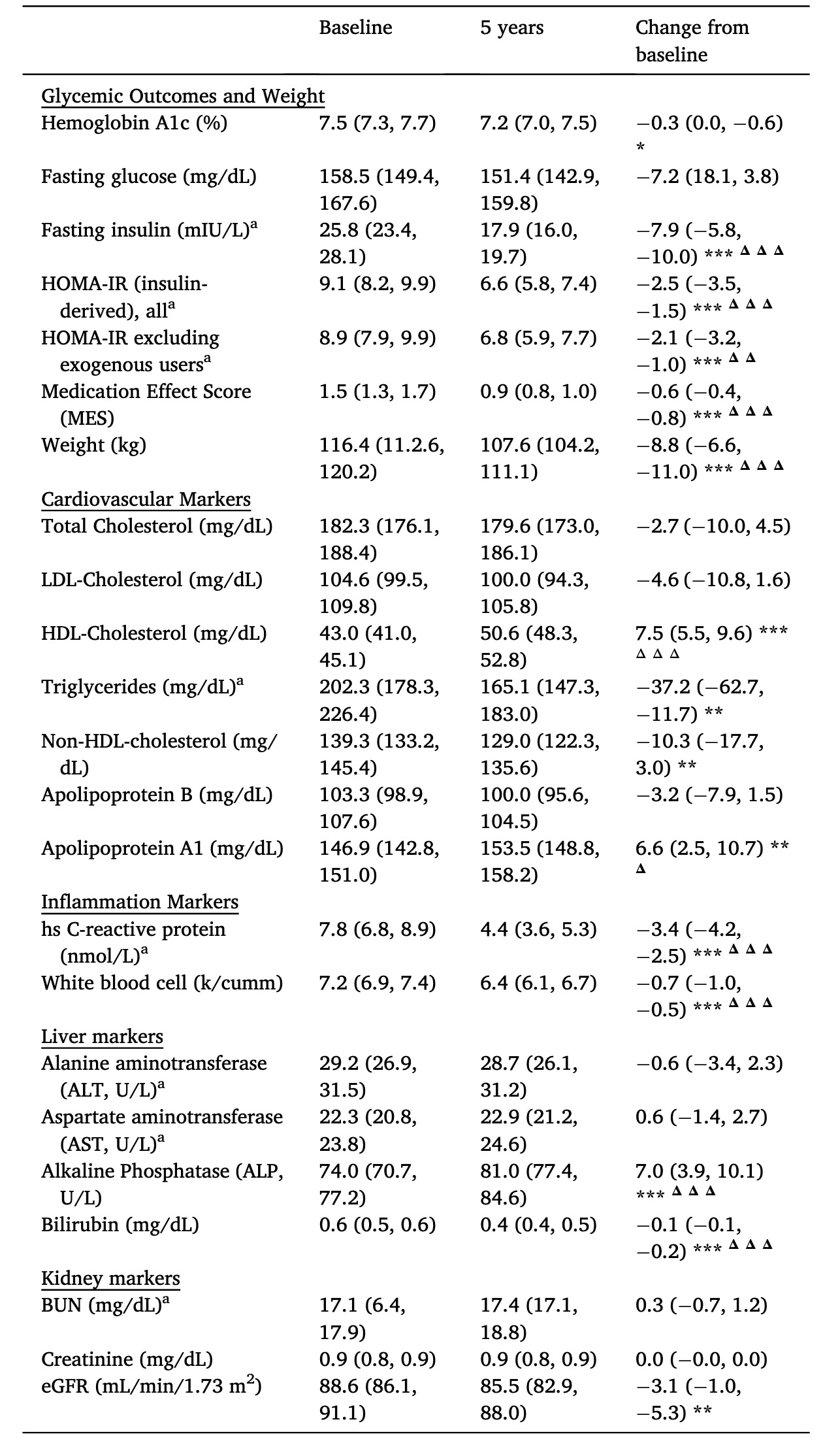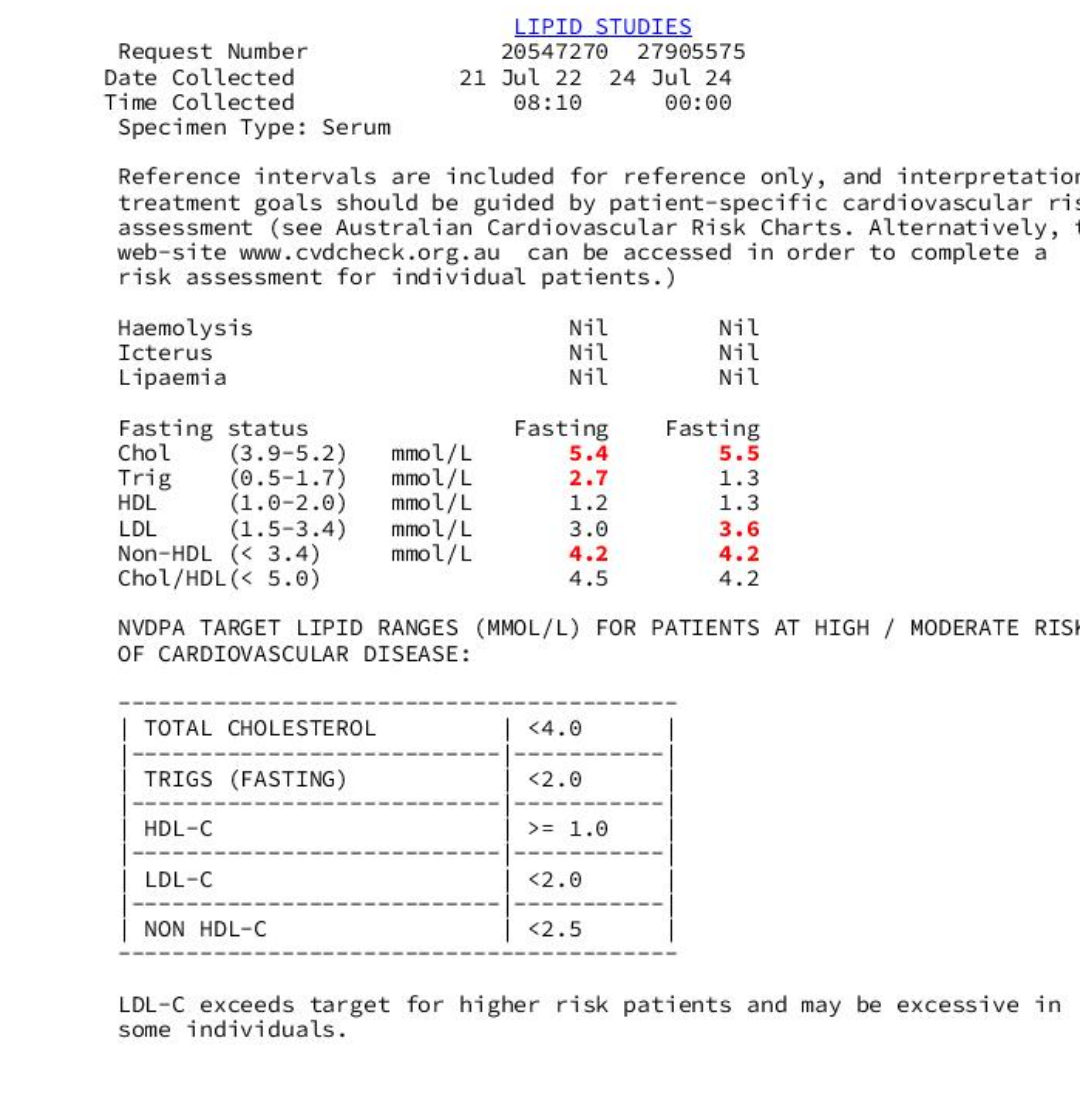Geoff shares his transformative journey on the carnivore diet after struggling with serious heart conditions and Crohn’s disease. After enduring multiple hospitalizations and heart procedures, he eliminates medications and experiences significant health improvements by adopting a strict carnivore lifestyle, emphasizing the importance of diet in achieving healing rather than merely weight loss.
Key Points
Introduction to Heath Issues
Geoff recounts his struggles with heart disease, specifically atrial fibrillation (AFib) and Crohn’s disease, which led to frequent hospital visits and a desperate need for a healthy solution.
Discovery of Carnivore Diet
After a conversation with his son, Geoff learns about the carnivore diet. His son provides resources, including videos from doctors advocating for this diet, prompting Geoff to conduct thorough research.
Initial Experience on the Diet
Geoff starts the carnivore diet as a 30-day challenge, which quickly evolves into a 90-day commitment after observing notable health improvements such as reduced symptoms associated with his chronic conditions.
Health Improvements Noticed
Within the first 30 days, Geoff experiences significant relief from Crohn’s disease, reduced chronic pain, heightened energy levels, and the ability to engage in physical activities that had been challenging for years.
Medication Reduction
As his health stabilizes, Geoff’s cardiologists gradually reduce and eventually eliminate his heart medications after confirming his improved condition, marking a significant milestone in his health journey.
Personal Weight Loss Journey
Geoff loses a substantial amount of weight from 227 lbs to 160 lbs without focusing solely on weight loss, emphasizing that the primary goal was to heal his body.
Community Support Importance
Geoff underscores the importance of engaging with the carnivore community for motivation and support and shares how he encourages others to connect through local forums and meetups.
Advice for Newcomers to Carnivore Diet
Geoff advises newcomers to read foundational texts, engage with the community, and understand the body’s nutrition needs, stressing that each person’s journey may require individual adjustments.
Long-Term Commitment to Carnivore
With over 675 days on the carnivore diet, Geoff expresses his commitment to this lifestyle, recognizing it not as a traditional diet but rather as a lifelong approach to health.
I’d be cautious assigning causation here. Dude lost 60lb, which will improve anyone’s cardiac health.
Would you like citations for low carb impact on cardiovascular outcomes?
I mean, there’s a absolutely data showing that the Atkins (no carb) diet was bad. There’s even data showing keto is bad unless there’s a medical need for it.
There’s even data showing keto is bad unless there’s a medical need for it.
Please give us enough to look it up. Title and lead researcher is enough if you don’t have a link
Atkins wasn’t no carb. The most restrictive Atkins diet required 20g of net carbs per day, and it got less restrictive quickly.
Internet keto follows the most restrictive Atkins diet, or sometimes limits people to 20g total carbs (as opposed to Atkins’ net carbs). Medical keto is like internet keto but adds highly ketogenic MCT fats
The only people prescribed medical keto are those getting it for mental illness, diet tests usually use internet keto
I’d love to see that data, I have recent research showing how good zero/low carb is for people.
But let’s just tackle the biggest concern: Keto is bad - Here is a 5 year study following people on keto (that is one of the longest intervention studies i’m aware of) https://hackertalks.com/post/7487475
Here are the biomarkers from that study, notice the improvement across the board (again this is a 5 year intervention). This demonstrates, at least for me, that keto can safely be followed.

That study just enhances my statement that the diet isn’t necessarily good for people outside of those with specific health issues.
This shows that the keto diet is beneficial to people with type 2 diabetes.
Also, in the study I don’t see any mention of them controlling for any other lifestyle improvements such as exercise.
All of the scientific tests will compare people with a medical condition. No one can get ethics approval to put healthy people on a weird diet
Type 2 diabetes studies at least shows that it reverses metabolic disorder; this implies the diet won’t kill you (a) quickly or (b) with metabolic disorder, which makes it better than the standard American diet
The only one I know of that addressed healthy people was the lean mass hyper responder/Miami heart health comparison (the LMHR study) which compared arterial calcium between long term carnivore dieters with the general population. LMHR people have very high cholesterol and the study mapped their cholesterol to cardiac calcium versus the general population’s cholesterol and cardiac calcium
But that’s just one biomarker and is only useful if your worry is cardiac disease.
I’m not sure how this enhances your statement, it demonstrates the diet is safe for at least 5 years. It can be used for type 2 diabetes to show type 2 diabetes improvement.
But, even if you want to say this only shows a massive improvement for type 2 diabetes patients, that’s a billion people on this planet. I’m hard-pressed to think of a condition or outcome that diabetes is protective of, and how an intervention for type 2 diabetics that doesn’t show any downsides cannot be generalized to the safety for the general population
I really would be interested in seeing the dangers of the keto diet you mentioned earlier, then we could have a productive discussion about that
Thank you for looking at the study itself, they did not control for exercise that’s true. They ensured people were taking a standard diet before the intervention started, and they were even encouraging people to exercise. If you want to control for the study, you can look at the standard progression of type 2 diabetes in the population at large, which isn’t very good, it’s very deteriorative journey on just medication
I didn’t see my doctor between moving from keto to carnivore, and settling into carnivore about a year later, and described it as “very low carb”
He told me I would be dead in a year if I didn’t go on statins due to high cholesterol I said no thanks, please look up the cholesterol-energy hypothesis; my cholesterol is moving my fat to my muscles.
I don’t think he has yet looked up the cholesterol-energy hypothesis
Interesting, are you a lean mass hyper responder? Care to share your lipid numbers, I’d be interested in seeing them at the one year carnivore mark (I shared my 5 months metrics earlier)
Aussie numbers so it’s in mmol/L

Wow…
- 2022 TG/HDL (mmol/l) 2.25
- 2024 TG/HDL (mmol/l) 1
That is amazing work! I’m jealous. That indicates your LDL profile is pattern A - the healthy non-damaged LDL.
It does look like your in the LMHR group
If I get a test July this year the 3 year trend will be interesting
I’d love to see year 3 data!
Here is a earlier paper on LMHRs but there is a new more exciting study ongoing to map plaque buildup on LMHRs, i’ll do a paper review when it gets published.
https://doi.org/10.1093/cdn/nzab144
but it looks like this is a excellent physical state to be in.
I’m really hanging out for the second LMHR study
That first one lucked out having the Miami heart health study which could provide perfectly matched controls for the first study
The second study will tell us whether zero carb clears or increases or makes no change to plaques already formed
The second study will tell us whether zero carb clears or increases or makes no change to plaques already formed
Yeah, exciting times. Though it will most likely tell us about the growth of plaque for elevated pattern-A LDL, not sure how generalizable it will be outside of LMHR. We have seen other studies (covered before) where insulin was a much higher indicator of cardiovascular risk, and that LDL was protective.
My speculation is that zero-carb (and low carb) will INCREASE plaque calcification of lesions, but decrease lesions overall. i.e. it will stabilize existing problem areas with hard calcium. Though I’m happy to be surprised as well, there have been some interesting case studies on calcium plaque CAC scores decreasing over time too.
Removed by mod
deleted by creator
deleted by creator

